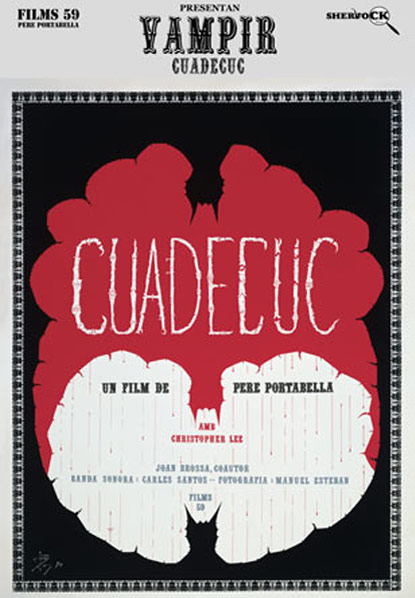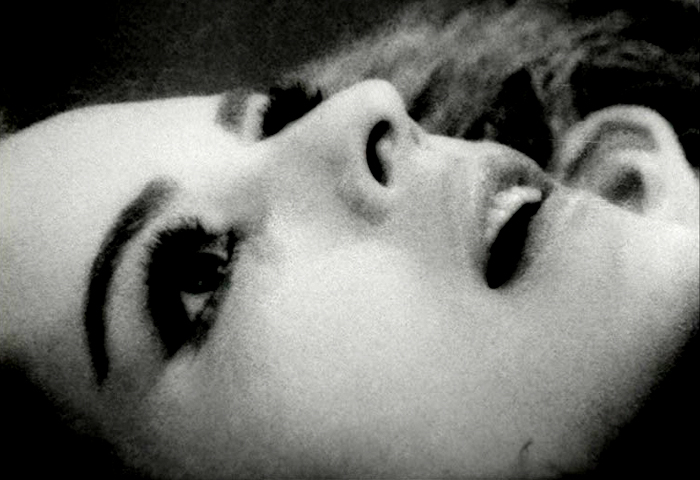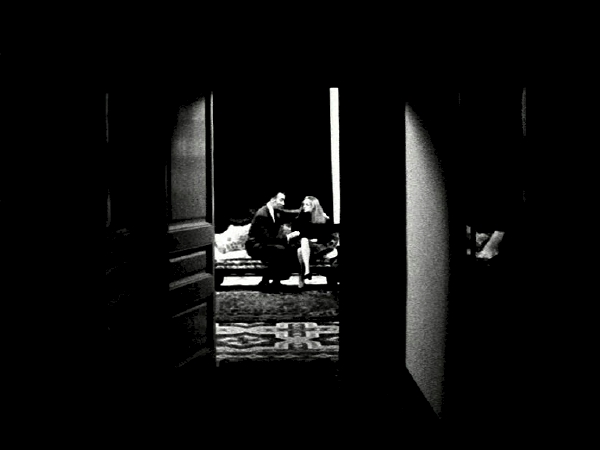This is by far the most challenging book review I’ve ever had to write. I wrote it during my extended stint in Paris (1969-74), after requesting the assignment from an editor at The Village Voice. I was already a big Pynchon fan by then, having already reviewed The Crying of Lot 49 for my college newspaper, The Bard Observer. Years later, I would review both Vineland and Against the Day for the Chicago Reader, Mason & Dixon for In These Times, and Inherent Vice for Slate.

Eventually, after getting assigned to review Gravity’s Rainhow for the Voice in 1973, I received a copy of the bound, uncorrected galleys resembling the one seen below on the right, the marked-up copy of which I still possess today. One significant difference between this version and the published one is the epigraph preceding the fourth and final section, “The Counterforce”. In the published version, which I received shortly before completing my review, this is, “What?” — Richard M. Nixon. In the uncorrected proofs, this is, “She has brought them to her senses, /They have laughed inside her laughter, /Now she rallies her defenses, /For she fears someone will ask her /For eternity — /And she’s so busy being free….” Read more
The following essay was commissioned by Pere Portabella himself in 2009 when he was planning to include some written materials with a DVD box set of his complete works — a box set that he eventually decided to release four years later without any written material. This essay has subsequently appeared in my 2010 collection Goodbye Cinema, Hello Cinephilia and, in Spanish translation, in El mundo in March 2013. — J.R.



Filmmakers who reinvent the cinema for their own purposes generally operate under certain distinct handicaps. In a few privileged cases (Griffith, Feuillade, Chaplin, Hitchcock) it’s the cinema itself, as art form and global institution, that winds up readjusting to the reinvention. But what happens more often is either a prolonged banishment of the filmmaker’s work from public awareness or a protracted series of misunderstandings until (or unless) the new rules are recognized, understood, and assimilated.
In the case of Pere Portabella, where some of the principles of production, distribution, and exhibition have been reinvented along with some concepts of reception, the frequent time lags between completed projects have only exacerbated some of the difficulties posed to uninitiated viewers. Interestingly, these difficulties have relatively little to do with an audience’s receptivity to the films themselves and a great deal to do with an audience discovering the very fact of their existence. Read more
Here is my first-person reportage of the last laps of the original event, hurriedly written for the April 2, 1965 issue of the Bard Observer. I’ve only done a little bit of light editing on this text. — J.R.

Notes on the March to Montgomery
By Jonathan Rosenbaum
(Note: because of the haste with which this article was written, and because of its close proximity in time to the event itself, I cannot claim to be attempting anything definitive here, either in terms of impression or opinion. The following reactions are immediate and fragmented ones written only a few days after the march, and as such must suffer the defects of hurried writing and tentative suppositions. –- J.R.)
I
We arrived in Montgomery by Wednesday afternoon, following Highway 80 through the middle of town and heading towards St. Jude. a Catholic hospital complex on the city’s outskirts whose property was being used as a campsite for the marchers. We drove a rented Avis car; the Hertz people in Atlanta, when they overheard what we were up to, had told us that they had no cars available, but being hospitable Southern folk had driven us over to their competitors a few blocks away. Read more





